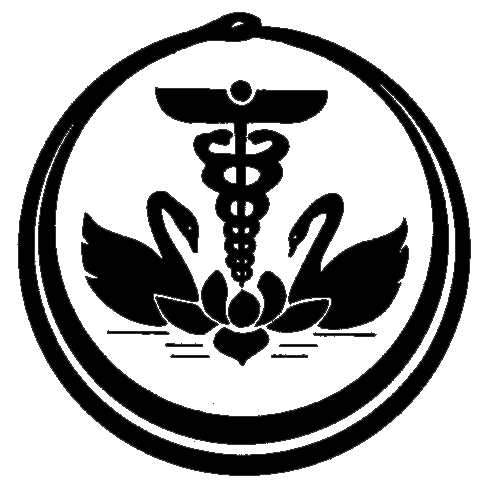As humans, we have the power to choose our actions—we can choose to act either selfishly and destructively or selflessly and lovingly. When we act selflessly and lovingly, we affirm and recognize an inner force higher than our mere personalities and egos. We affirm consciousness within ourselves and those we serve. Although our appetites and drives are not very different from those of animals, we humans are not driven blindly by nature to act in certain ways. We can choose the path of self-awareness and self-discipline, or we can walk the path of egotism and selfish contraction. When we act selfishly, we deny the higher Reality, and we instead stubbornly assert that the little self is the center of the universe. Thus, we become lonely, isolated, and afraid.
Everyone has to act in the world—we think, talk, and perform actions from morning until evening. All of our actions have some meaning, and most of these actions relate to ourselves: we feed ourselves, dress and adorn ourselves, earn money to support ourselves, and perform many actions so that others will think well of us. All day, every day, we are caring for the body and its ego. Caring for ourselves is both necessary and one of our duties. In fact, if we do not care for ourselves, we become sick and create burdens for others, which is simple foolishness, not selflessness. However, the ego cannot understand the difference between the duties that are necessary if we are to take care of ourselves, and the ego’s own desire for self-aggrandizement. The ego constantly demands more and more attention. Soon, it creates a conflict for us, for we not only have the duty to care for ourselves; we also have other duties, which we have chosen in the course of our lives. To many people, the very word “duty” is unpleasant, as it signifies a burden and a chore, rather than a role they have chosen with love.
All our duties are actually commitments that we have chosen for ourselves, and yet most people rapidly begin to resent these duties and feel trapped and imprisoned by the commitments they have made. We begin to feel angry and depressed by our duties and wish to escape them by abandoning our jobs, children, or spouses. Because almost no one understands the path of karma and selfless service, people become slaves to their duties and commitments—and their whole life becomes a pattern of feeling pressured and frustrated by those duties.
These days, many people seem to experience stress and to feel that they are forced to do things that they don’t really want to do. People say, “I have to work to support my family,” or “I have to make dinner for my children.” Such thinking creates mental strain through doing his or her duties. This creates a great internal conflict, because such a person doesn’t really want to do the action. But seeking to escape our duties is not the answer either. This only creates a dilemma: If we ignore the duty we feel guilty, but if we force ourselves to do the duty without love, we are dishonest and feel resentment.
Yet we can fulfill our duties without feeling enslaved. This does not mean changing our external circumstances—we still work to support our families, to feed and care for our children, and to help our spouses. Instead of making superficial external changes, the path of karma yoga involves changing our internal attitudes and emotions—transforming our actions as we refine our motivations. The sages say it this way: ‘Your actions never make you a slave if you do them with love. Performing your actions with love is a profound and special accomplishment. You continue doing your duties in the external world, but you cultivate love for your duties—you cultivate a willingness to enjoy serving others.”
Cultivating this enjoyment of serving others and doing our duties with love requires honesty and dedication. We must understand that doing our duties lovingly is, in itself, a spiritual practice. When we can cultivate this attitude, we fulfill our obligations and also free ourselves from the bondage of our individual egos, which only want to think of “I, me, and mine.” We begin to discover the joy of escaping from the prison of our own egos, and find delight and peace in serving those around us. Then, making the breakfast for our children becomes a spiritual practice, as does every loving and selfless act. Each act of loving service affirms our recognition of the Self within all. With this mindfulness we become transformed, and feel the sense of joy and peace that is meant to unite mankind.
All the great teachers and leaders practiced such selfless service—Christ, Buddha, Moses, Krishna, Guru Nanak, as well as the great teachers of the modern world, such as Schweitzer or Gandhi. Thus, they dedicated their lives to serving others selflessly, without expecting any reward. All the great people of the world have been living examples of how to walk the path of karma yoga.
But on the smaller scale of our individual lives, we do not need to begin with grand acts of service to humanity or to strangers. We can begin, instead, with those who are closest to us, those who we have been given as our own companions on the spiritual path—our children, our partners, and our friends—those we claim to love.
Reprinted from Yoga International Mar/Apr 1992

